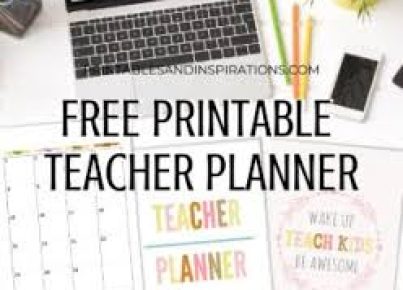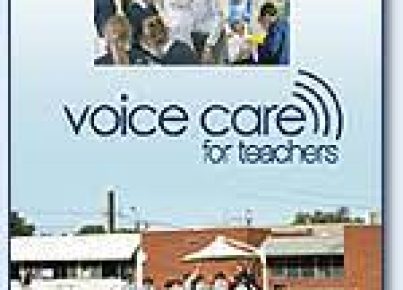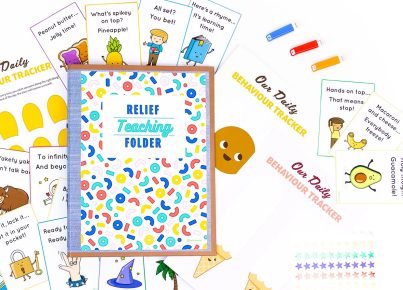In a world buzzing with distractions and stress, the art of mindfulness stands as a beacon of tranquility—offering techniques to help individuals find peace within the chaos. As educators and mentors, imparting this valuable skill can be transformative for students, guiding them towards enhanced focus, emotional regulation, and well-being. To integrate mindfulness effectively into educational frameworks, teachers require robust resources. Here’s an overview of mindfulness teaching resources that can help foster a mindful learning environment.
Books and Curriculums:
“The Mindful Education Workbook” by Daniel Rechtschaffen provides lessons, activities, and play-based strategies that teachers can use to incorporate mindfulness into their classrooms.
“Mindful Schools” curriculum is designed for K-12 classrooms, offering a step-by-step guide to teaching mindfulness to children and young adults.
“The Way of Mindful Education: Cultivating Well-being in Teachers and Students” by Daniel Rechtschaffen also offers insights and strategies for educators to weave mindfulness into their teaching approach.
Online Platforms and Apps:
The “Calm” app features a range of guided meditations on topics relevant for children and adolescents, as well as resources specifically crafted for use in educational settings.
“Headspace for Educators” provides free access to Headspace’s meditation content for all K-12 teachers, school administrators, and supporting staff in the US, UK, Canada, and Australia.
The “Smiling Mind” app includes a dedicated program designed for classrooms that focuses on developing children’s social and emotional learning through mindfulness practices.
Professional Development Workshops:
Mindful Schools offer online courses and workshops aimed at training educators in the fundamentals of mindfulness so they can embody the practice themselves before teaching it to students.
The Garrison Institute offers retreats and training programs focused on contemplative teaching approaches that integrate mindfulness into education.
Interactive Tools:
Pear Deck offers interactive slides with mindful activities like breathing exercises or gratitude reflections that can be incorporated into online classroom sessions or remote learning environments.
Koru Mindfulness program develops an evidence-based curriculum specifically targeted at young adults and college students.
Free Resources:
The Greater Good Science Center at UC Berkeley offers free research-based strategies for fostering social and emotional well-being in students and educators alike.
The “A Still Quiet Place” offers free downloadable mindfulness exercises on its website ideal for incorporating into classroom routines.
Mindfulness Teaching Resources offer an invaluable compass in guiding the next generation through the jungle of modern-day stressors. By leveraging these tools, educators can gift students not just with academic knowledge but also with the profound life skill of present-moment awareness—the roots from which all learning can flourish.





